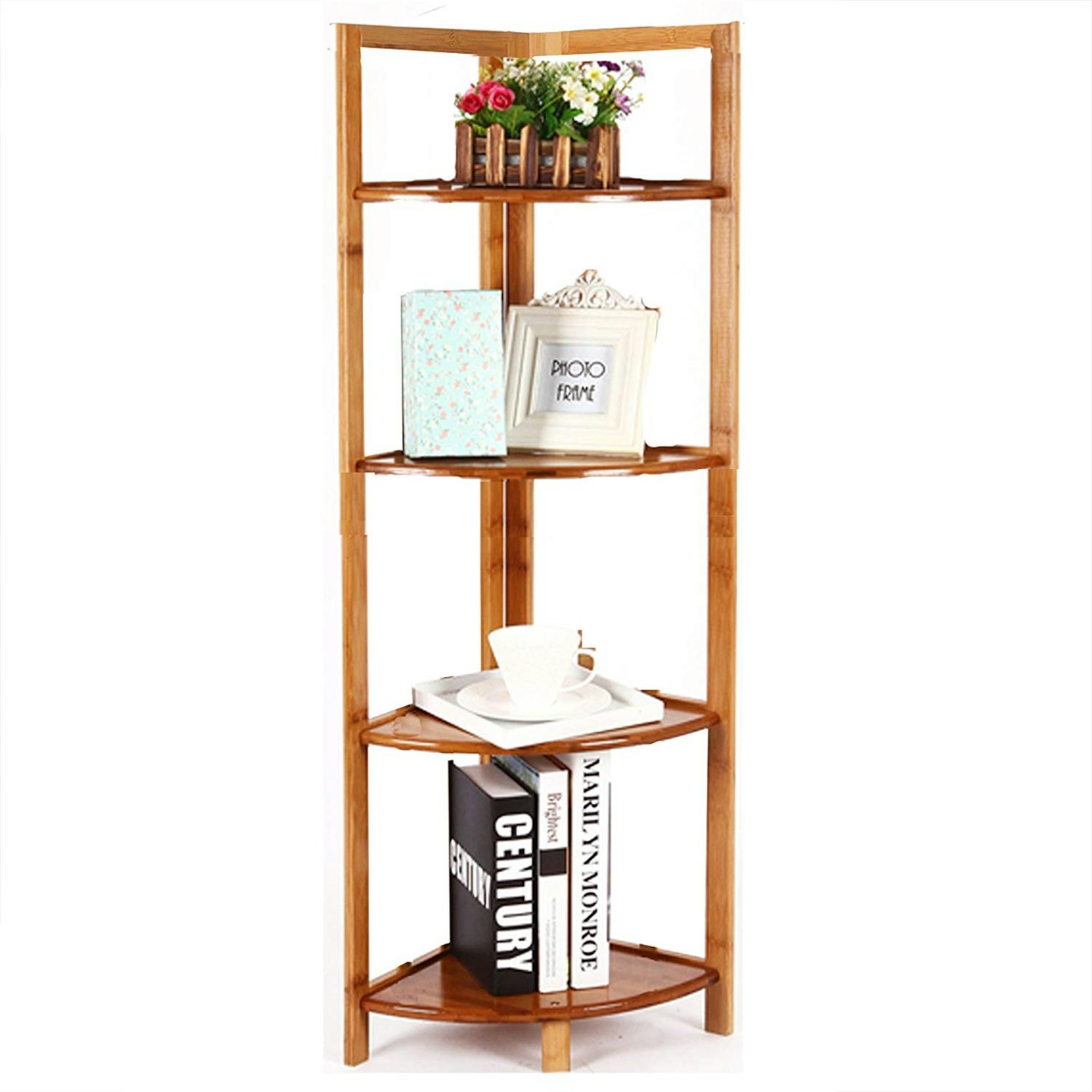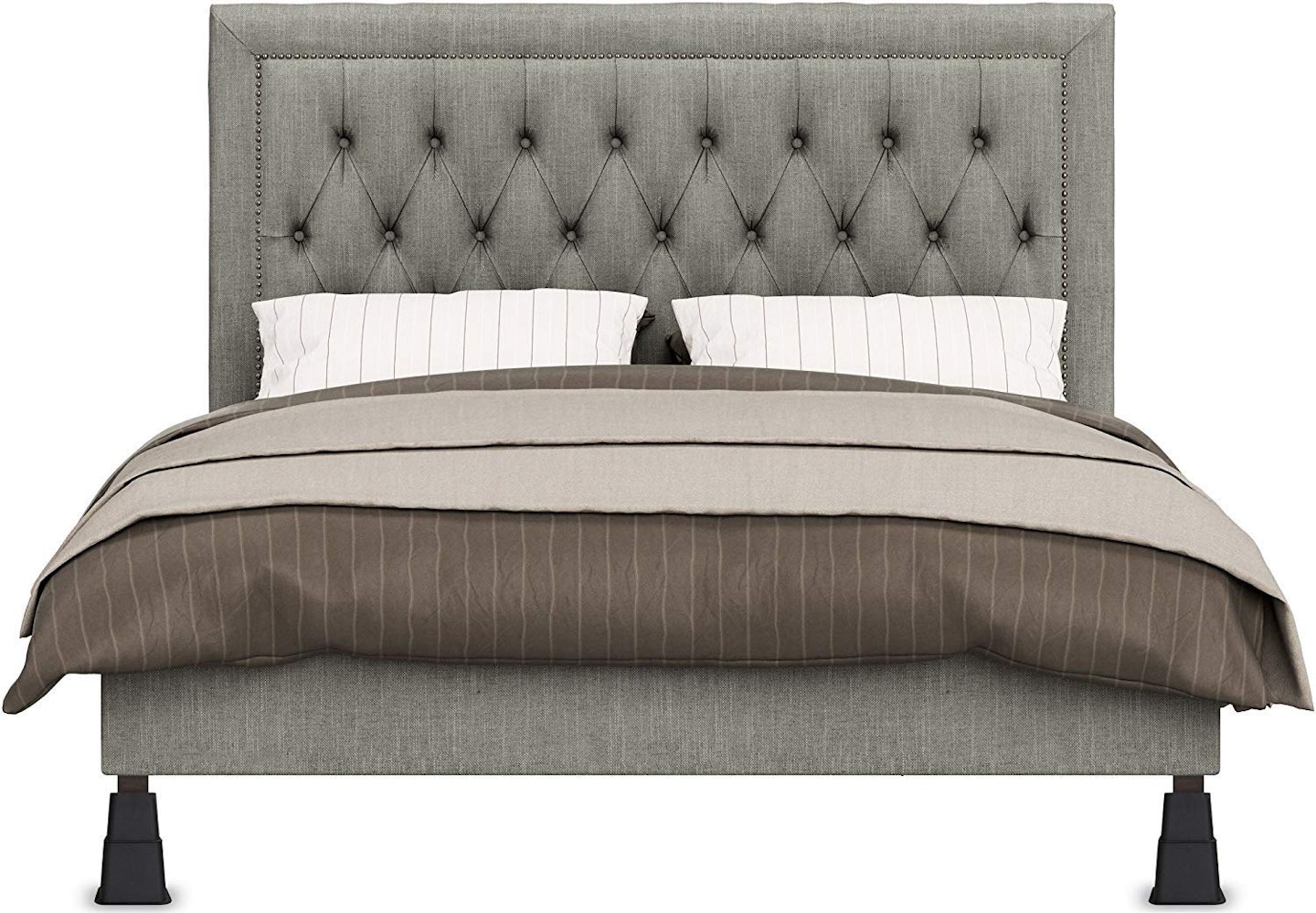Six months ago, I was offered a conditional place on a master of philosophy course at the University of Cambridge. Having already achieved a first-class honors for my undergraduate degree from Queen Mary University of London, the only ‘conditional’ element of my offer is whether (or not) I can fork out £23,235 to live and study at the university for a year.
I cannot. This is not an amount of money that I, or anybody that I know, would be able to find. I put that in my application form, of course, but the institution has not allocated any financial aid. Earlier this month, the University announced a landmark policy that will see it earmark places for 30 disadvantaged students over the next three years, with students all needing to take a three- week residential ‘bridging course’ before they start.
It’s a monumental step for the world-class University, and yet, despite proclaiming their commitment to ‘boost diversity’ from its typical white and wealthy intake of students by initiating schemes like this - that promises to award places to students ‘from an underrepresented or educationally disadvantaged background,’ - there has not been one conversation about financial help.
I grew up in the north west, first attending a local state primary school in Salford and then a faith secondary school and sixth form in Bolton. I have always loved learning, so much so that one of my first memories – at four years old - is of the monstrous tantrum I threw after being told I had to wait an extra day to start school (my mum had taken me a day too early).
Going to a state school, me and my friends have always worried about how any of us could afford to go to university. When I was accepted to Queen Mary, and it became reality that I was going to move to London, everyone I knew suddenly became even more anxious about my finances. ‘It’s dead expensive down there, how will you live?’, my mum asked me, knowing that she wouldn’t be able to help me out if I ever got in financial trouble.
I was determined to make it work, and I did. I worked part time alongside my studies, I scrimped and saved and lived in my overdraft - my life was a constant calculation of what I needed to sacrifice that month. I always felt noticeably different to my friends. I had to get a job to survive, they didn't. I needed to budget every week, they didn't. I had to consider whether I could eat or go out that night, and they didn't. If I couldn't afford something, I was a burden, and if I knew I shouldn't spend the money but did anyway, I was tormented by guilt.
The Summer after my first year, I stayed in London to keep my £9 an hour job for next term, often working until midnight then getting up at 6am for my next shift. I survived, but that’s not to say I didn’t fall apart at times. During one of the nights I was attempting to get my few hours’ sleep in between shifts, I experienced my first ever panic attack. I went to A&E unsure what was happening, and the doctor told me I was exhausted.
The crippling thing about money stress is that you never feel like you can talk about it. To this day I have told one person about how much I was struggling back then, and I’d never want to burden anyone with just how stressed I am about how much debt I’m in.
Because most of all, I relied on financial aid. I took out the maximum loan I could, got the largest grant from Student Finance England – I was one of the lucky few who attended university before the maintenance grant was scrapped – and I received a bursary from my university twice an academic year.
For this course, which ironically will kickstart my career tackling social mobility problems, I have taken out a £10,000 postgraduate loan from the government, putting my student debt up to over £65,000. I have applied for endless sponsorships from businesses and charities, some of which have been successful. And in May, I launched my #TeesForFees campaign, selling t-shirts and tote bags to help top up my master’s fund.
I’ve had a community rally around me, and the women that champion me have been commemorated me on the t-shirts that will hopefully fund my course at Cambridge, but for the people without this support, I can’t imagine how much harder it would be. Without friends that set up GoFundMe pages on your behalf, or share your campaign far and wide just in the hopes of helping you break down one of the many barriers that you face coming from a less advantaged background.
It’s been exhausting, to say the least. Applying to a university like Cambridge when your only barrier to entry is money is not only frustrating, but instils feelings of imposter syndrome that I’m sure many disadvantaged students continue to experience even once they get there. How often I have had to prove that I’m poor enough, that I’m worth investing in, that my education matters as much as someone who was born into a wealthy family.
When I finish this degree, and I have every intention to do so, I hope to work with the most vulnerable people in society, not just in the UK but internationally. In doing that, I have big plans to ensure we all have equal access to the top standards of education. I don’t just want to be the lucky one that’s GoFundMe page goes viral enough to get me to Cambridge, I want to be part of the solution that ends the root problem and stops such campaigns ever being necessary. Of course, It would be easier if Cambridge offered financial aid alongside their earmarked spots for disadvantaged students – but hopefully, with my help, one day they won’t need to.
For more information or to donate to Hannah's masters fund, check out her GoFundMe page here
Read more: How to make your small university room feel bigger...
Read more: How to make your small university room feel bigger...
 1 of 5
1 of 5A Corner Rack
Corners are dead space. Good only for shoving furniture up against or chucking piles of dirty clothes into – either way – they're not being used to their full potential. This corner rail means you can now use corners to hang the overspill from your wardrobe, store shoes and still stash dirty clothes in without taking up any extra space.
 2 of 5
2 of 5Bed Risers
They might look awful, but that extra six inches of space under your bed that risers can create could be the thing that stops you going mad and moving out. Now, instead of the one box full of 'precious items', you can stack two. Voila – double the hoarding.
 3 of 5
3 of 5A Mirror With Storage
This mirror has the double bonus of making your room look bigger (the mirror bit) and providing a place to store your jewellery (the er, storage bit).
 4 of 5
4 of 5Command Hooks
For real, these things are your new best friends. Buy ten packs and don't underestimate their value. Hanging things from the walls is a stellar way to store hats, bags, scarves and belts and make use of every last inch of space. Just make sure it looks pretty.
 5 of 5
5 of 5Magnetic Pots
Radiators are the bane of the small-roomer. Other than the whole keeping the room warm thing (granted, this can be useful) they stop furniture from fitting neatly into the alcoves you so desperately need it to. Make them into storage space with these magnetic pots – perfect for storing jewellery, hair bobbles, loose change – basically anything that doesn't melt.
.jpg?ar=16%3A9&fit=crop&crop=top&auto=format&w=1440&q=80)